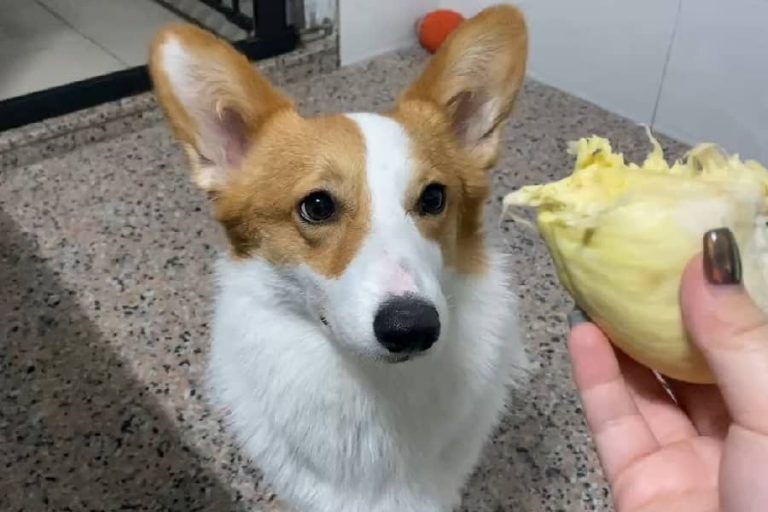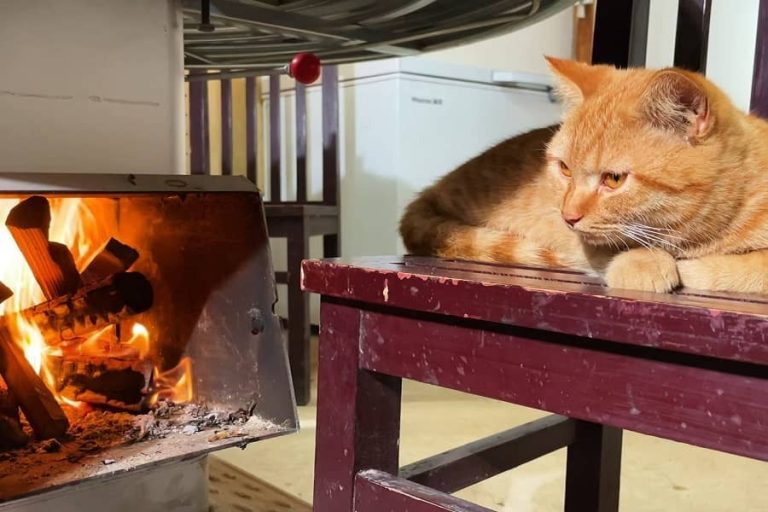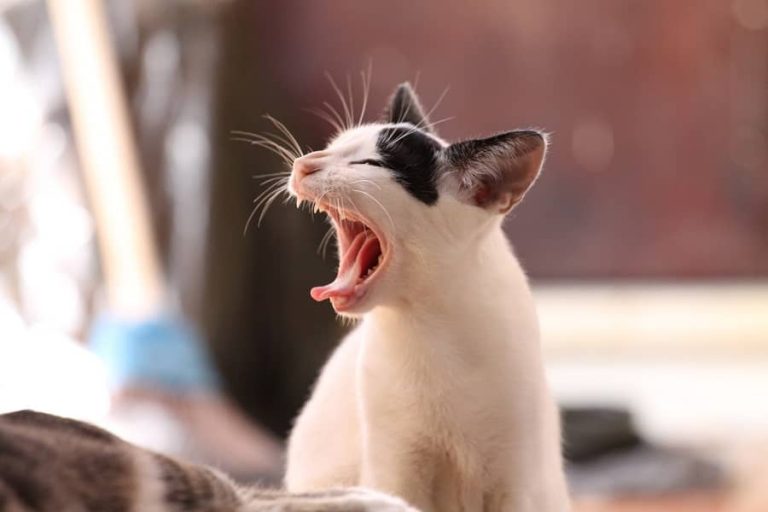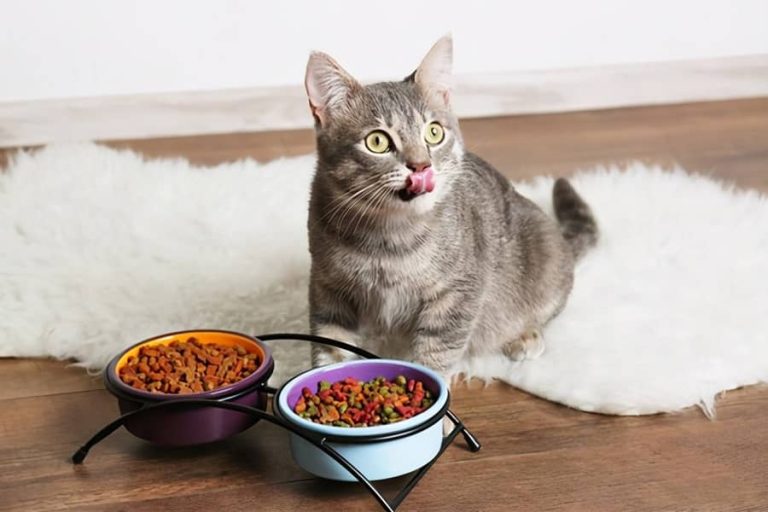How often is it appropriate to feed the cat
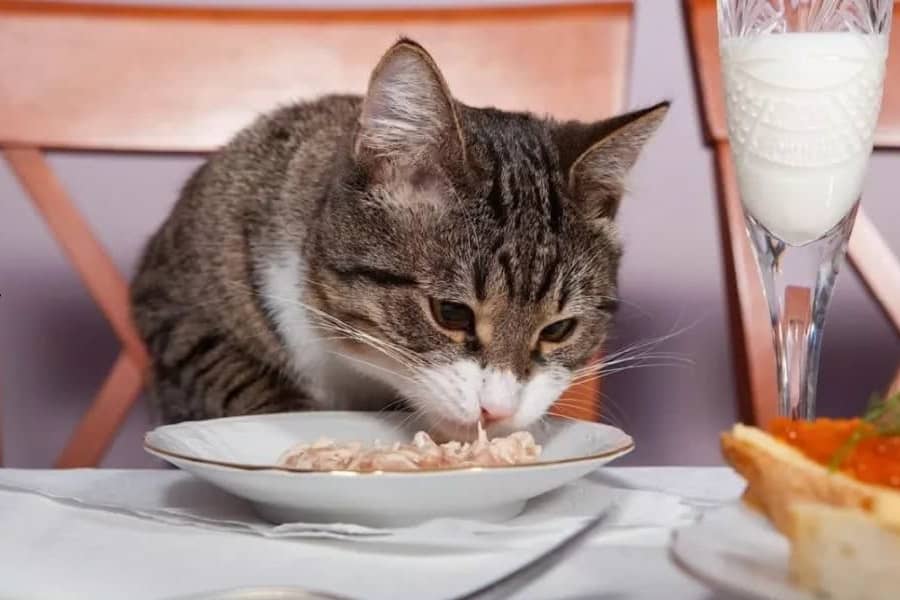
There has always been controversy about cat feeding. The general situation of cat feeding is divided into 24 hours of unlimited supply and independent feeding, or feeding 1-2 times a day according to the owner’s situation.
Table of Contents
So, how is feeding scientific?
Let’s take a look at how scientists explain this problem:
Based on research on cats and dogs, the National Research Council of the United States has found that wild cats eat 8-12 times a day (within 24 hours). Because the amount of food consumed each time is relatively small, they spend a lot of time hunting, and the frequency is relatively frequent.
Cats’ dietary habits affect their digestive physiological structure. When they smell food, their digestive system starts to work. Therefore, if domestic cats always eat “buffet”, their digestive system will always be working.
“All physiological functions require energy to function. If the digestive system is constantly functioning, it has to absorb energy from elsewhere to maintain its functioning, thereby affecting the normal functioning of other systems.”.
This long-term condition can cause many problems, such as accelerated aging, poor hair quality, and internal problems such as cystitis.
In addition, the digestive physiology of carnivores also considers hunger as a component of their health work. Solid foods that are not digested remain in the stomach until other foods are completely digested before continuing to digest undigested foods, and hunger is precisely the key factor driving the digestive system’s work.
“So if the cat is not hungry all the time, the smooth functioning of the digestive system will be impaired, which can lead to stomach discomfort, hair ball reflux, and other sports related digestive problems.”.
Therefore, free feeding is clearly not a healthy feeding method.
“For cats who eat dry food for a long time, due to the single and insufficient type of nutrition intake,” buffet “is undoubtedly an unhealthy diet.”.
In terms of physiological structure, a cat’s stomach cannot expand to accommodate more food like a dog’s stomach. If a cat eats too much at once, it can cause rumination (meaning that some animals return semi digested food from their stomach to their mouth for chewing after a period of time). Cats that feed less frequently a day and consume a larger amount of food at one time are prone to this situation.
When a cat is very hungry, it eats quickly. Eating too fast is not a good thing, it can cause gastrointestinal discomfort.
When the cat is hungry, the bile acid in the stomach will gradually increase. If the hunger lasts for a long time and the bile acid accumulates enough, the cat will have nausea and vomiting. The vomit is usually foam like substance, which is known as “hunger vomit”.
So, how long is “long”? This varies depending on the cat, and can be as short as 5 to 6 hours without food. However, for some cats, this type of vomiting often causes a series of discomfort, even causing the cat to vomit indefinitely.
In these cases, even if the cat does not show obvious symptoms of illness, it is definitely not very comfortable.
Dr. Lisa Pierson pointed out that the frequency with which cats eat can affect the pH value of their urine. Eating a large amount of food at once can lead to an increase in the alkalinity of their urine, known as an alkaline tide after meals. This change in pH value can lead to the formation of struvite crystals, which can cause pain to cats and pose a fatal risk. However, mimicking their instinctive hunting behavior: Eating small amounts of food multiple times helps keep the cat’s pH within a normal range.
Obviously, just feeding once or twice a day is not a good idea.
So how often should cats be fed properly?
For adult cats, at least three times a day, if you can, at least four times a day, and for kittens, at least four times a day.
If you can get up early in the morning, feed the cat immediately after getting up, then clean up and go to work, go home immediately after work to feed, and feed again before going to bed at night, it can be done three times a day.
If your lifestyle cannot do this, consider buying a pet timer.
When cats change to eating four meals a day, it can greatly reduce their stress levels, which is beneficial to the work of their digestive system. In addition, it is recommended to eat meat and canned food as much as possible and reduce the proportion of dry food.
Another point is that unlike dogs and cats, it is not necessary. Do not fast cats. Fasting is not a healthy behavior for cats. Cats may experience stomach discomfort due to severe hunger, and in severe cases, it may cause diseases such as liver fat. The most common liver diseases in cats are liver lipidosis and fatty liver disease, which can quickly cause serious complications and lead to death. Overweight cats need to pay more attention to this issue.


